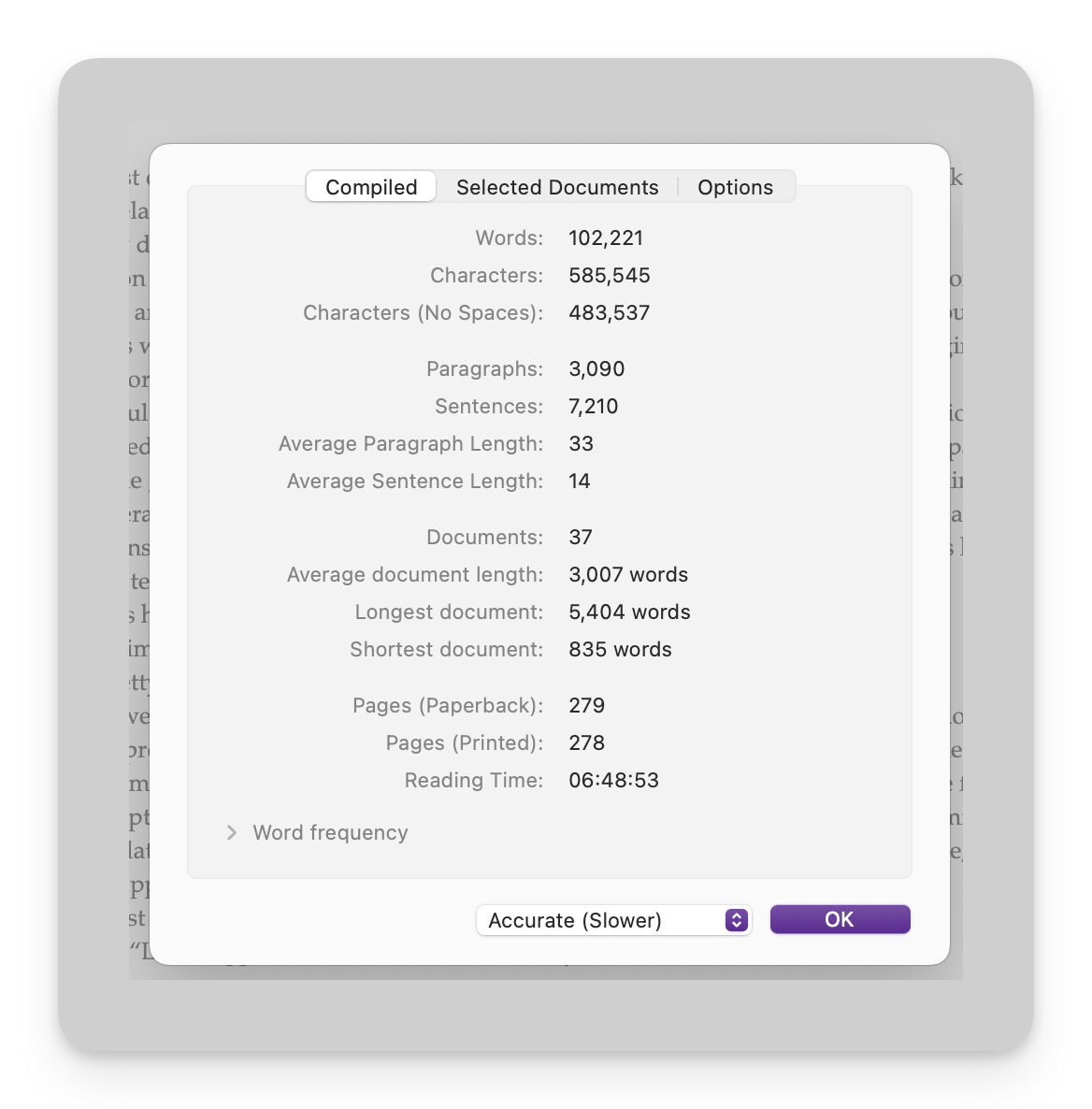Honing Stone
August 27, 2025
3-Item Status
Current Location: Milwaukee, WI
Reading: Dungeon Crawler Carl by Matt Dinniman
Listening: When Living Came Easy by Zoe Graham
If you have a moment, reply with your own 3-Item Status.
Quick Notes
New Work:
This week’s Let’s Know Things is about the Intel Bailout.
Yesterday’s Brain Lenses essay was on Visual Distortion and Pain & the pod was about the Cliff Edge Model
Honing Stone
I write every single day.
I often write for pleasure and exercise, but I also write essays and books, podcast scripts and speaking notes. And that’s alongside the countless emails and texts and other sorts of text-based communication most of us use to keep in touch, these days.
There are rules and structures in writing that serve as scaffolding for our work, but the best writers have a well-trained sense of when these guidelines can and should be bent or broken. Adhering strictly to these standards results in dry, saggy prose, but not using them at all can lead to output that’s sloppy and confusing. Writing more helps us learn to skillfully toe this line.
Writing a lot is important if you want to get better at it, though editing is just as vital, and it’s a facet of the ‘making written things’ process that’s less likely to be intentionally honed, because it can sometimes feel less like creation and more like cold, left-brained optimization.
That sense is illusory: editing is how writers wrangle our work into something more intentional-feeling, helping us tone and tighten, but also loosen and artfully ruffle where appropriate.
Despite that utility, many writers are editing-averse because it involves changing something we’ve made. Words that feel precious and perfect must be objectively scrutinized, pruned, reordered, and maybe even extracted for the benefit of what remains. That can be painful, even for experienced writers.
Alongside my daily scribblings, I also edit various sorts of writing almost every single day. Sometimes I spend weeks hacking away at a book I’ve written, honing and shaping, sanding and polishing, deleting things that at some point seemed purposeful (but which in retrospect only bloat) and shoehorning additions that help explain, express, or spark emotional resonance.
Getting a lot of editing experience—honing one’s clerical eye with consistent, careful application of linguistic steel to stone—is just as important to one’s writing practice as mastering language and exercising that mastery as often as possible, because editing allows us to view our work through a multi-step, chronological lens.
The works we compose will seldom be perfect on the first draft, or the second, or the seventh, and that’s okay, it’s a process. But until a writer sees the transformation from initial draft to far superior finished product, it’s not obvious that this is the case. The first draft feels pristine because of our emotional attachment to it, and because we don’t yet have a better version to which we might compare it.
The process of whittling and sharpening and even wholesale reworking or rewriting, while not necessarily pleasant, is immensely powerful, and with time becomes just one more step in the ‘making written things’ process.
Editing can feel like a step backwards when one’s only measurement of progress is more words on the page, though, and the only reliable way to adjust this sense of success is to sharper our blades and perform surgery on our precious little creations, over and over and over again.
If you enjoyed this essay, consider supporting my work by becoming a paid subscriber, buying me a coffee, or grabbing one of my books.
Interesting Links
If you want more links to interesting things, consider subscribing to Aspiring Generalist.

What Else
Back pain gone and bizarrely persistent cough now absent, I’ve been getting back into a careful workout routine: mostly short runs and briefer-than-usual gym visits so I can build back up to where I was three weeks ago without injuring myself in the process.
Beyond that, I’m working on my query letter and synopsis for my book. This non-indie publishing thing is new to me, but even the tedious parts are interesting so far (once I learn enough to understand the ‘why’ of all these steps, at least). We’ll see how I feel a few months from now, though, as I’m sure there’s a reason this part of the process is often called “querying hell” and “the querying trenches.”
Say Hello
New here? Hit reply and tell me something about yourself!
You can also fill me in on something interesting you’re working on or something random you’re learning about.
I respond to every message I receive and would love to hear from you :)
Prefer stamps and paper? Send a letter, postcard, or some other physical communication to: Colin Wright, PO Box 11442, Milwaukee, WI 53211, USA
Or hit me up via other methods: Instagram, Threads, Twitter, Facebook, YouTube, or mathematical solution.


What you wrote about the first draft feeling so pristine, but editing being necessary and producing a better result—it made me wonder how often we get so unnecessarily attached to a "first" (of any kind) that we cling onto it without opening ourselves to the possibility that what comes after can be better or at least as good as the previous version (but more refined). I feel like it's something that must be happening to us all the time, and likely without us even realising it!
I'm sure I'll spend some more time mulling this over, but the first thing that pops up is that I want to be more mindful of staying open to what the future might hold. Thanks for the thought-provoking essay! :)
Hey Colin - What's the writing program you screenshotted?